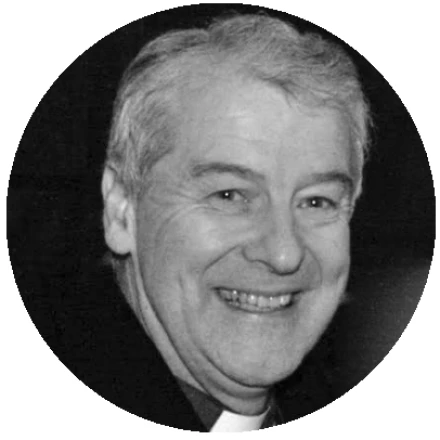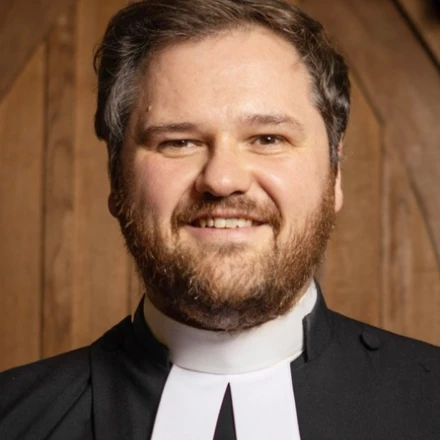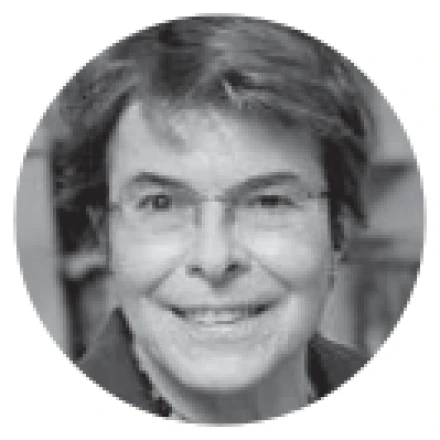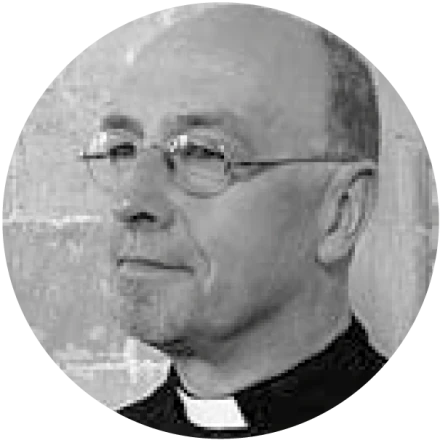Common Baptism – Shared Life?
In the week of Prayer for Christian Unity 2011, the Bishop of Meath and Kildare, the Most Reverend Dr Richard Clarke, preached with eminent pragmatism in the two cathedral churches in Armagh. He drew attention to three aspects of Christian life in Ireland today where he felt that the churches together could “make a move”. They were: pastoral care, Bible study and preparation for baptism. Significantly, and to my mind rightly, Bishop Clarke was not pushing the agenda of shared eucharist as a failed aspiration which might just be turned round, were people to read the small print and the footnotes in the plethora of ecumenical documentation which is produced with considerable sophistication and erudition. In no way do I intend to diminish such industry or indeed such an aspiration. I simply want to see if there is another way of looking at the situation in which we find ourselves, as churches whose members know one another; whose bishops – six by six – have met for a day conference for the first time in living history in 2011, to discuss baptism, as it so happens; and whose sharing of the total tradition of Western theological thought and practice, as inherited in our complex Irish insularities, has genuinely become more and more public over the years.



